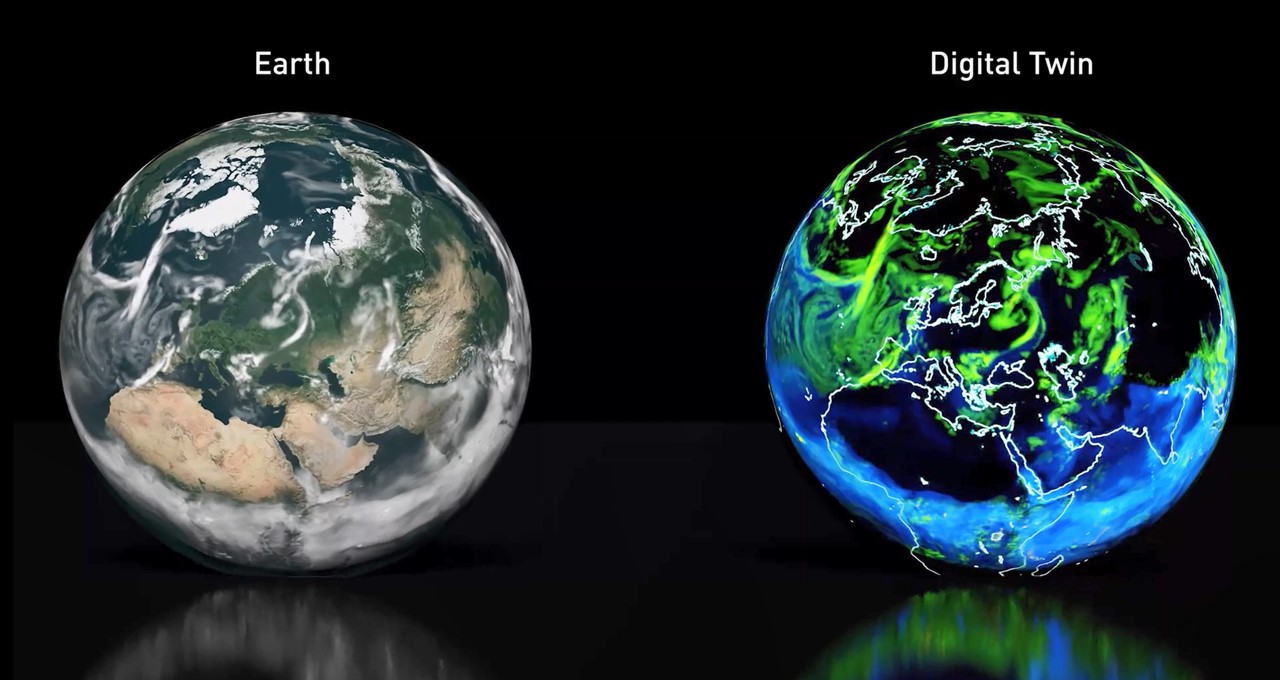
The fashion industry significantly contributes to the global climate crisis, primarily through raw material production, such as cotton farming and cutting down trees. However, brands sourcing these materials usually have minimal knowledge of their environmental impact.
As such, Stella McCartney, Textile Exchange, NGIS, and WWF Sweden collaborated to create the Global Fibre Impact Explorer. The tool provides companies with crucial data for sustainable decisions when sourcing raw materials.
Later this year, the tool will officially launch and employ Earth Engine and Google Cloud to assist brands in identifying environmental hazards related to over 20 fibers. The tool also recommends risk-reduction activities and encourages collaboration with local communities.
Artificial Intelligence (AI) Helps Individuals In Preparing For Extreme Heat
Google clarifies that cities globally are attempting to decrease “heat islands.” Heat islands are areas that become excessively hot during heat waves due to surrounding infrastructure. These areas often cause dehydration, air pollution, and other health concerns.
Environmental Insights Explorer’s Tree Canopy feature employs AI and aerial imagery to assist local authorities in identifying heat islands and devising tree coverage plans to mitigate them. The tool is presently being introduced to almost 350 additional cities worldwide. It has already aided in planting trees in high-risk regions and situating bus stops and parkways in shaded areas across the United States.
AI Offers More Sustainable Alternatives
Individuals may already be employing AI to minimize their emissions without realizing it. Google Maps utilizes AI to recommend the most energy-efficient driving routes or the best cycling or walking paths.
Google’s AI technology now recommends the optimal charging stations for electric vehicle (EV) drivers based on real-time traffic, the vehicle’s charge level, and projected usage. Google’s Nest Thermostats have saved 120 billion kWh of energy since 2011, equivalent to powering one million EVs for 320,000 miles each.
The technology corporation elaborated that the thermostat uses AI to study user routines and modify the temperature accordingly, even deactivating it when no one is home.
Featured image from carribeaninsight.com



